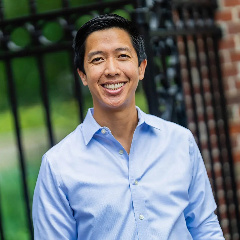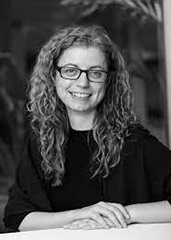Browse all past issues of VPAL's Into Practice Blog
Search All Issues
Topics
- active learning (18)
- research assignments (6)
- libraries (1)
- literature-based learning (2)
- multimedia (5)
- museums (6)
- object learning (7)
- online learning (5)
- peer instruction (10)
- storytelling (2)
- learning management system (2)
- syllabus design (3)
- teaching empathy (3)
- teaching fellows (1)
- lecture (3)
- learning goals (8)
- assessment (6)
- data (3)
- backward design (3)
- blended approaches (12)
- case-based learning (8)
- classroom contracts (7)
- classrooms and space (3)
- collaborative learning (27)
- community events (1)
- course transformation (7)
- devices (3)
- learning by making (5)
- discussion (24)
- engaged scholarship (4)
- experiential learning (16)
- feedback (18)
- group work (8)
- guest speakers (7)
- interdisciplinary (6)
- leadership (3)
Subscribe
Copyright © 2024 The President and Fellows of Harvard College | Privacy | Accessibility | Digital Accessibility | Report Copyright Infringement


 Vijay Janapa Reddi, Associate Professor (SEAS) and director of the Edge Computing Lab, is an applied machine learning computer architect. As a scholar with deep knowledge of how artificial intelligence (AI) works, Janapa Reddi offers a unique perspective on both the challenges and opportunities generative AI presents. Generative AI platforms, such as ChatGPT, are changing how students interact with course material and setting new standards for the skills necessary for future professional fields. While Janapa Reddi is cautious about implementing exercises that leverage such platforms in his
Vijay Janapa Reddi, Associate Professor (SEAS) and director of the Edge Computing Lab, is an applied machine learning computer architect. As a scholar with deep knowledge of how artificial intelligence (AI) works, Janapa Reddi offers a unique perspective on both the challenges and opportunities generative AI presents. Generative AI platforms, such as ChatGPT, are changing how students interact with course material and setting new standards for the skills necessary for future professional fields. While Janapa Reddi is cautious about implementing exercises that leverage such platforms in his  Rebecca Nesson, Dean for Academic Programs, SEAS, and Charles R. Nesson, William F. Weld Professor of Law at Harvard Law School, Founder of the Berkman Klein Center for Internet & Society, and Principal Investigator of BKC’s
Rebecca Nesson, Dean for Academic Programs, SEAS, and Charles R. Nesson, William F. Weld Professor of Law at Harvard Law School, Founder of the Berkman Klein Center for Internet & Society, and Principal Investigator of BKC’s  Rosalea Monacella, Design Critic in Landscape Architecture at the Graduate School of Design (GSD), works to create opportunities for students to build collaborative skills and facilitate peer-to-peer learning by “embed[ding] the techniques of joint problem-solving and ideas development” in her
Rosalea Monacella, Design Critic in Landscape Architecture at the Graduate School of Design (GSD), works to create opportunities for students to build collaborative skills and facilitate peer-to-peer learning by “embed[ding] the techniques of joint problem-solving and ideas development” in her